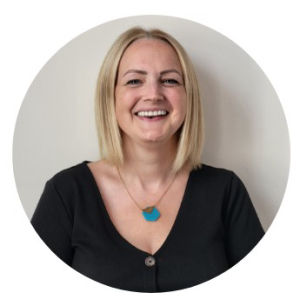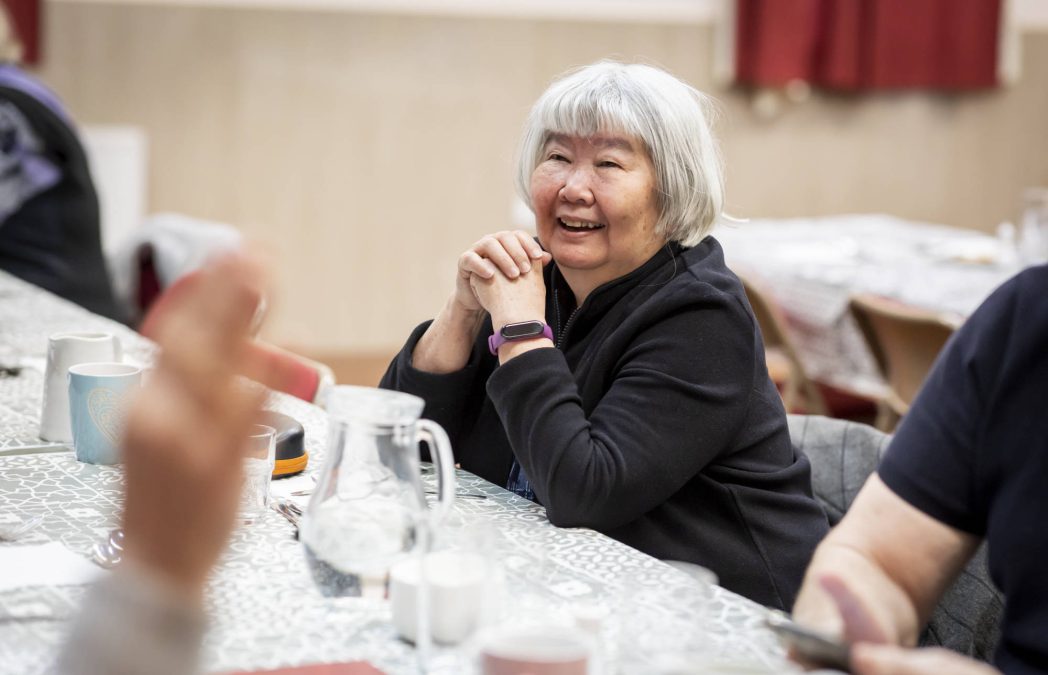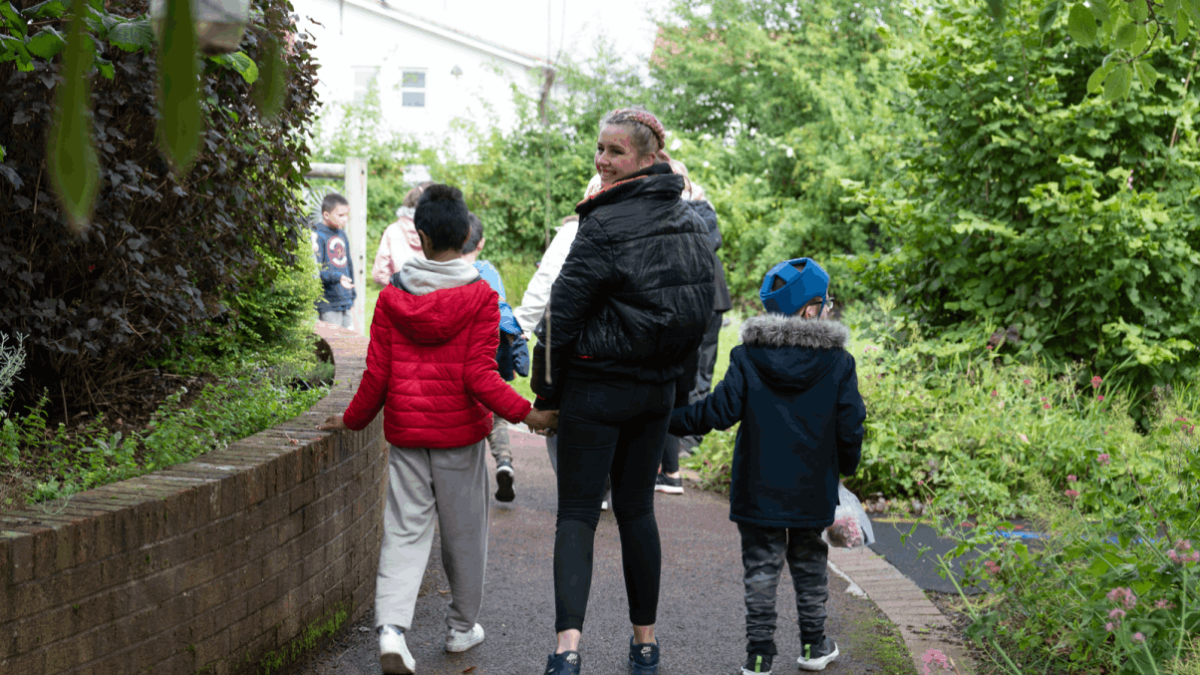Cutting of contracts for next year, a lack of certainty for many others over next year’s contracts, and only getting one-year contracts or extensions, at best.
Navigating Uncertainty: Urgent Actions and Opportunities for the VCFSE Sector
In this blog, Susie provides a recap on the lively recent VCFSE Commissioning and Investment meeting where sector leaders tackled pressing challenges such as contract uncertainty, financial instability, and systemic scrutiny. Read on for key insights and next steps.
Written by Susie Wright, Strategic Lead at 10GM.

We had a really lively VCFSE Commissioning and Investment meeting on Wednesday – mostly in person, but with the lovely Leigh Vallance joining us virtually on the big screen (a bit Wizard of Oz-esq). As we hadn’t met for a while, we had lots to cover.
I kicked off the session with an overview of some of the really pressing challenges we’re facing as a sector at the moment, including:
The ongoing issue of a lack of uplifts to contracts and grants, affecting our ability to keep pace with Real Living Wage and Agenda for Change or National Joint Council pay uplifts, and to bear wider increased operating costs.
The length of time it is taking to make decisions and the ongoing lack of clarity about where decisions are being made (locality or GM level)
All exacerbated by the forthcoming National Insurance increases – particularly affecting a sector that employs a lot of part time workers.
Experiencing disproportionate scrutiny of VCFSE providers in comparison to larger providers, when considering whether to recommission or extend contracts. This has been intensified by a risk-averse approach to implementing the NHS Provider Selection Regime.
Examples of statutory partners insourcing opportunities that have previously been, or could be delivered by, the VCFSE sector.
All leading to planned redundancies and potential closures at a time when the system is planning to focus on prevention and early intervention.
Paul Martin and Charles Kwaku-Odoi shared work they’ve been doing nationally to influence the Government’s 10 Year Health Plan, which has three main shifts:
from hospital to community services;
from treating sickness to preventing it; and
from analogue to digital.
A consultation on the plans is currently open – running until Spring 2025 . The closing date for this national consultation isn’t until 14 February, and everyone is encouraged to take a look and submit their views and ideas. There is also a toolkit available to run your own consultation if you wish to.
It’s really positive that both Paul Martin and Charles Kwaku-Odoi are part of the national work – they have recently been co-opted on to the NHS Partners Council, so hopefully we’ll continue to get an insiders’ view in in the future.
After that, we heard from VCFSE and Commissioning Partners in the room about their experiences of commissioning and investment over the past 9 or 10 months.
Sara Roscoe shared the work of NHS GM on VCFSE Commissioning Principles and their wider Commissioning Intentions. The Principles paper highlights the risks to the stability of the sector that I mentioned before, and this will support the request that Leigh Vallance (our rep on the ICB Board) has already made to the ICB Board to raise their risk rating around this.
The group recognised that whilst they were in agreement with the principles, their current experiences showed how far we have to travel to make these a reality at all levels of the system. We highlighted that this was the second year of uncertainty and delayed decision-making, and pointed out that by the time the principles are adopted, vital services will have been lost (particularly those currently paid for by non-recurrent funding).
A good example of this came from Leigh Vallance, as she shared her experiences of cognitive dissonance of commissioners around Hospice Care – prioritising cost saving above all else; and commissioner attempts to influence operational practice / policy, in part due to a lack of understanding of how hospice funding is made up. This sparked more discussion about the culture of the commissioning system when it comes to the VCFSE sector, and how we might address some of this.
We heard from Simone Spray and Kristian Wraxall about Mental Health Commissioning, which highlighted process challenges; high levels of scrutiny of VCFSE contracts; confusion within the system as to where decision-making power was really held; the significant financial challenge of paying Agenda for Change uplifts when contract values don’t reflect this; and risk averse responses to the NHS provider selection regime. They also talked about cuts to VCFSE MH contracts – particularly where funding was non-recurrent; commissioned at locality level; or where they were not in accordance with the national MH Investment Standard. (the Standard which is thought to be being abandoned nationally).
On a positive note, we heard from Darren Knight about the successful co-design of the commissioner and sector partnership and the subsequent recommission of HIV intensive support. Although it wasn’t without a few bumps along the way, and the contract is by no means covering the full cost of the service, the sponsorship by NHS GM leaders and local clinicians and the results (including 4 babies being born HIV-free!) speak for themselves.
We also heard from Jules Palfryman about a group of VCFSE organisations working together with support from the APC to develop a GM VCFSE consortia to be able to bid for translation and interpretation contracts, which sounds like a brilliant way to improve things for people and keep the money we spend on interpretation and translation local to Greater Manchester.
Anne Lythgoe and Nic Wooton-Dowd also talked us through how they are practically implementing the GMCA Fair Funding Protocol in the Work and Skills team – like trying to engage earlier and in better ways before procurement even starts; looking at more open alternatives to the current Flexible Procurement System; and exploring the best ways to commission from the sector like community grants programmes. The group agreed that the focus needs to be on making the money that we have to go as far as it can – and we will need to invest in the capability of the sector to play their part.
Anne and Nic recognised the amount of time and effort it takes to make protocols and guidance happen in real life – something we’ll need to remember when it comes to the NHS GM VCFSE Commissioning Principles.
We also talked about the risk to the sector around national cuts to funding such as the UK Shared Prosperity Fund, and the need for the sector and GMCA to work together to mitigate and manage that risk.
For me, the main theme of the session was a very real sense of urgency about the stability of the sector in the short term, and how important it is for our partners to respond immediately to this. Over the longer term, we can see real positives and opportunities for the sector in national and local priorities, but if we don’t act as a system now, there is a real fear about how much of the sector will be left to participate.

Thank you Susie!
Find out more about the work of the VCFSE Commissioning and Investment Group.
Read more blogs
Guest blog: VCSE organisations in Greater Manchester and ‘social value’ – it’s what they do
In this guest blog, Anne Lythgoe, Director of the Social Audit Network, highlights how Greater Manchester’s VCFSE organisations embody ‘social value’ as their core purpose.
10GM Blog: How Flexible Funding Benefits Greater Manchester’s Communities
In this blog, Keisha, Project Manager at 10GM, highlights the importance of flexible funding for VCSE organisations and the advantages of funding in this way.


